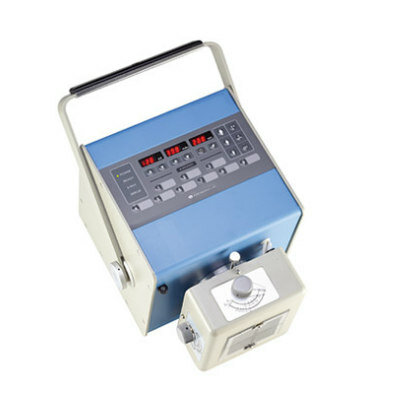Google AI System Beats Doctors in Detecting Breast Cancer
By MedImaging International staff writers
Posted on 06 Jan 2020
A team of researchers from Google Health (Palo Alto, CA, USA) have developed an artificial intelligence (AI) model which can spot breast cancer in de-identified screening mammograms (where identifiable information has been removed) with greater accuracy, fewer false positives, and fewer false negatives than experts. This can find future applications wherein the model could support radiologists performing breast cancer screenings.Posted on 06 Jan 2020
Despite the wide use of digital mammography, or X-ray imaging of the breast, to screen for breast cancer, spotting and diagnosing the disease early remains a challenge even for experts, and can often result in both false positives and false negatives. Such inaccuracies can lead to delays in detection and treatment, unnecessary stress for patients and a higher workload for radiologists who are already in short supply.

Illustration
Over the last two years, Google Health has been working with leading clinical research partners in the UK and US to see if AI can improve the detection of breast cancer by supporting radiologists to spot the signs of breast cancer more accurately. The researchers trained and tuned the AI model on a representative data set comprised of de-identified mammograms from more than 76,000 women in the UK and 15,000 women in the US to see if it could learn to spot signs of breast cancer in the scans. They went on to evaluate the model on a separate de-identified data set of more than 25,000 women in the UK and 3,000 women in the US In this evaluation, the model produced a 5.7% reduction of false positives in the US and a 1.2% reduction in the UK. It produced a 9.4% reduction in false negatives in the US and a 2.7% reduction in the UK.
In order to see if their model could generalize to other healthcare systems, the researchers trained it only on the data from the women in the UK and then evaluated it on the data set from women in the US. In this separate experiment, there was a 3.5% reduction in false positives and an 8.1% reduction in false negatives, indicating the model’s potential to generalize to new clinical settings while still performing at a higher level than experts. Despite the model only processing the most recent anonymized mammogram and receiving less information than human experts who had access to patient histories and prior mammograms, it surpassed individual experts in accurately identifying breast cancer.
Related Links:
Google Health














